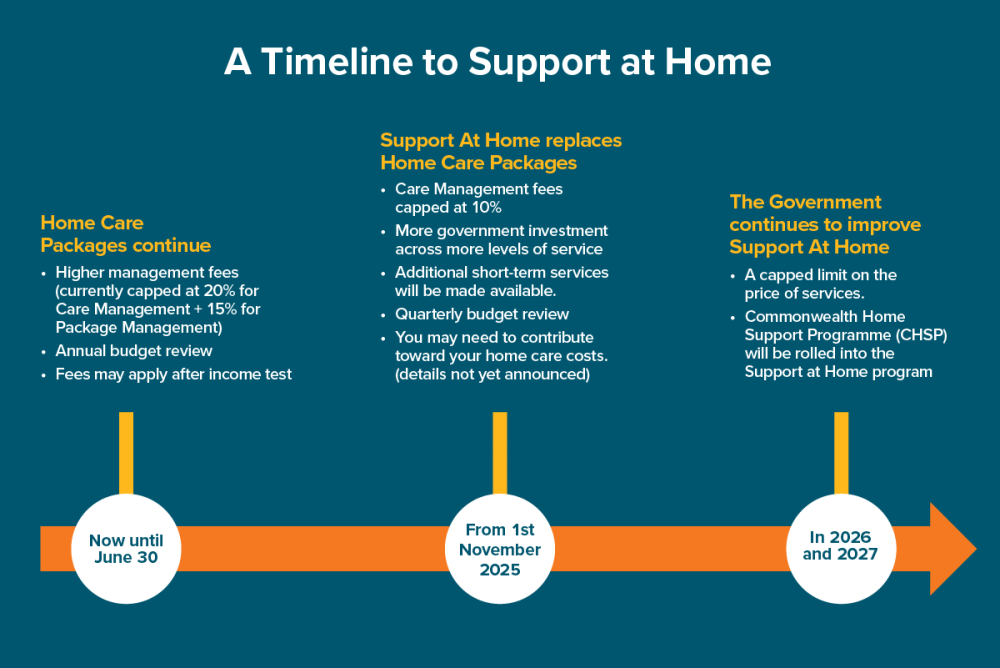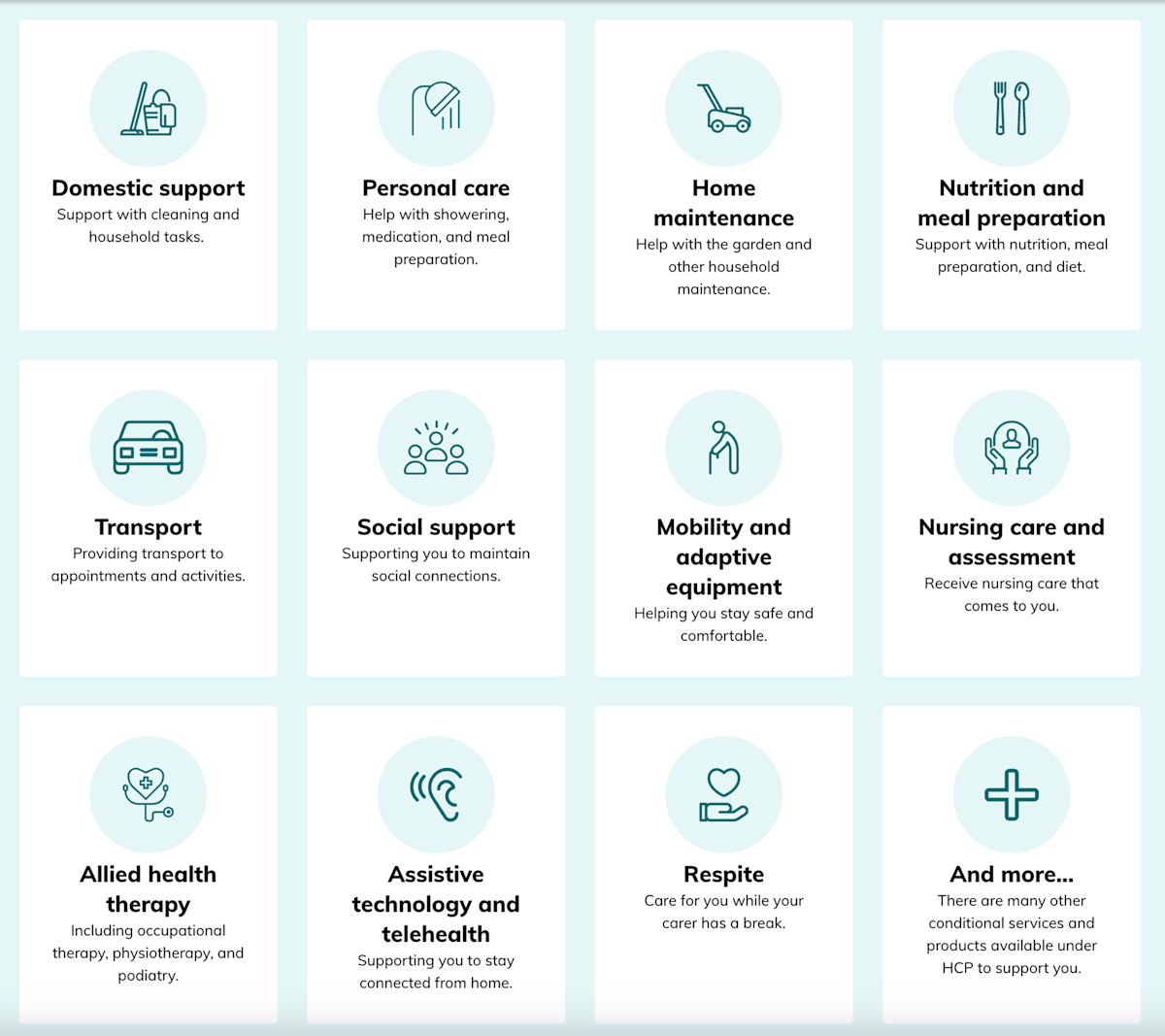All Concerning Home Treatment Providers for People With Disabilities: NDIS Registered Support
Home treatment services under the NDIS play a critical role in sustaining individuals with specials needs. These services are developed to improve daily living with tailored aid, ranging from personal treatment to movement support. Recognizing how to navigate these options can be complex. This introduction checks out the various aspects of NDIS home care, from readily available services to the option of providers, highlighting crucial considerations for those seeking support. The journey towards encouraged treatment starts here.
Recognizing the NDIS and Its Purpose
The National Disability Insurance Policy Scheme (NDIS) offers as a transformative framework developed to offer support and solutions for individuals with impairments. Developed to improve the lifestyle and guarantee fair access to essential resources, the NDIS empowers participants by using personalized plans tailored to their special demands. It aims to promote freedom, allowing people to seek their individual objectives and aspirations.Through a structured strategy, the NDIS allots funding for numerous supports, including education, employment help, and area involvement. This comprehensive system not only concentrates on instant treatment but additionally stresses long-term developing results. By advertising choice and control, the NDIS urges individuals to pick their preferred service suppliers, guaranteeing that treatment lines up with their choices and worths. Ultimately, the NDIS represents a substantial commitment to improving the lives of individuals with impairments, cultivating inclusivity, and developing a much more supportive society.
Sorts Of Home Care Services Available
Different kinds of home care solutions satisfy people with specials needs, mainly concentrating on personal care aid and reprieve treatment alternatives. Individual treatment support supplies vital support with day-to-day tasks, while reprieve care uses temporary alleviation for key caretakers. Understanding these services is important for guaranteeing the health of both people with disabilities and their families.
Personal Treatment Help
While maneuvering day-to-day live can provide obstacles for people with impairments, individual treatment support offers important assistance tailored to their distinct requirements. This sort of home care service encompasses an array of activities developed to promote independence and improve lifestyle. Individual treatment assistants assist with everyday jobs such as bathing, clothing, brushing, and toileting, ensuring people maintain individual hygiene and convenience. They might also assist with dish prep work, medicine administration, and mobility support. By offering individualized care, these professionals empower individuals to involve even more totally in their everyday regimens and social tasks. On the whole, personal treatment support plays a considerable duty in cultivating dignity and autonomy for those with handicaps, enabling them to prosper in their home environment.

Break Treatment Options
Break treatment works as an essential resource for households and caregivers of people with handicaps, giving short-term alleviation from the needs of day-to-day caregiving. This sort of service can take various kinds, including at home respite treatment, where skilled professionals check out the home to aid with care jobs. Households may opt for facility-based break care, where people get care in a specific setting, enabling caretakers to take a break. In addition, some companies use emergency break services for unanticipated situations. These options not just assist ease caretaker stress however likewise promote the wellness of people with disabilities by supplying them brand-new experiences and social interaction. Overall, break care plays a critical duty in supporting both caretakers and those they look after.
Exactly How to Accessibility NDIS Home Care Providers
Accessing NDIS home treatment solutions includes comprehending the qualification standards stated by the National Handicap Insurance Coverage Plan. Individuals have to navigate a structured application procedure to safeguard the necessary assistance tailored to their demands. This section will make clear both the eligibility demands and the steps entailed in obtaining solutions.
Qualification Criteria Explained
To receive NDIS home treatment services, people need to fulfill specific eligibility standards that examine their conditions and needs. Candidates need to be aged between 7 and 65 years and have a significant and permanent handicap that affects their capacity to do daily activities. Additionally, they need to be an Australian resident, an irreversible citizen, or hold a Protected Unique Category Visa. The NDIS needs proof of the special needs, commonly through clinical assessments or reports. Individuals ought to show that they call for support to take part in social and financial life. These standards guarantee that services are routed towards those who truly need assistance, promoting independence and boosted lifestyle for individuals with handicaps.
Application Process Steps
Can I Pick My Own Support Employees Via NDIS?
The private asked whether they might select their very own support workers under the NDIS structure. Usually, individuals have the versatility to select assistance workers, cultivating customized treatment that straightens with their details demands and preferences.
What Happens if My Needs Modification After Obtaining Support?
If a person's needs adjustment after obtaining support, they should communicate these changes to their solution supplier. Modifications can be made to the care strategy, making certain that the assistance remains efficient and relevant for their conditions.

Exist Restricts on The Amount Of Hours of Treatment I Can Receive?
The private asked about prospective limitations on the variety of care hours obtained. Usually, such limits might exist based upon certain plans or funding setups, emphasizing the significance of evaluating agreements and standards consistently.
Can I Use NDIS Funding for Home Modifications?
The inquiry of making use of funding for home modifications develops frequently. Generally, individuals may use NDIS financing for required alterations to their homes, guaranteeing availability and safety and security, contingent upon meeting specific eligibility standards and standards.
How Do I Handle Grievances Concerning My Home Treatment Solutions?
To attend to problems regarding home care solutions, individuals must first record their issues. They can communicate straight with their solution company, looking for resolution, or intensify the issue to pertinent oversight bodies if essential. Home treatment services under the NDIS play a pivotal role in supporting individuals with handicaps. Different kinds of home care services cater to people with specials needs, primarily focusing on personal treatment support and reprieve care options. support at home. Individual care aid offers necessary assistance with everyday activities, while break care supplies short-term relief for primary caretakers. Families may opt for facility-based reprieve treatment, where individuals get care in a customized atmosphere, permitting caregivers to take a break. Just how can families efficiently manage the economic facets of home treatment solutions for individuals Bonuses with impairments?